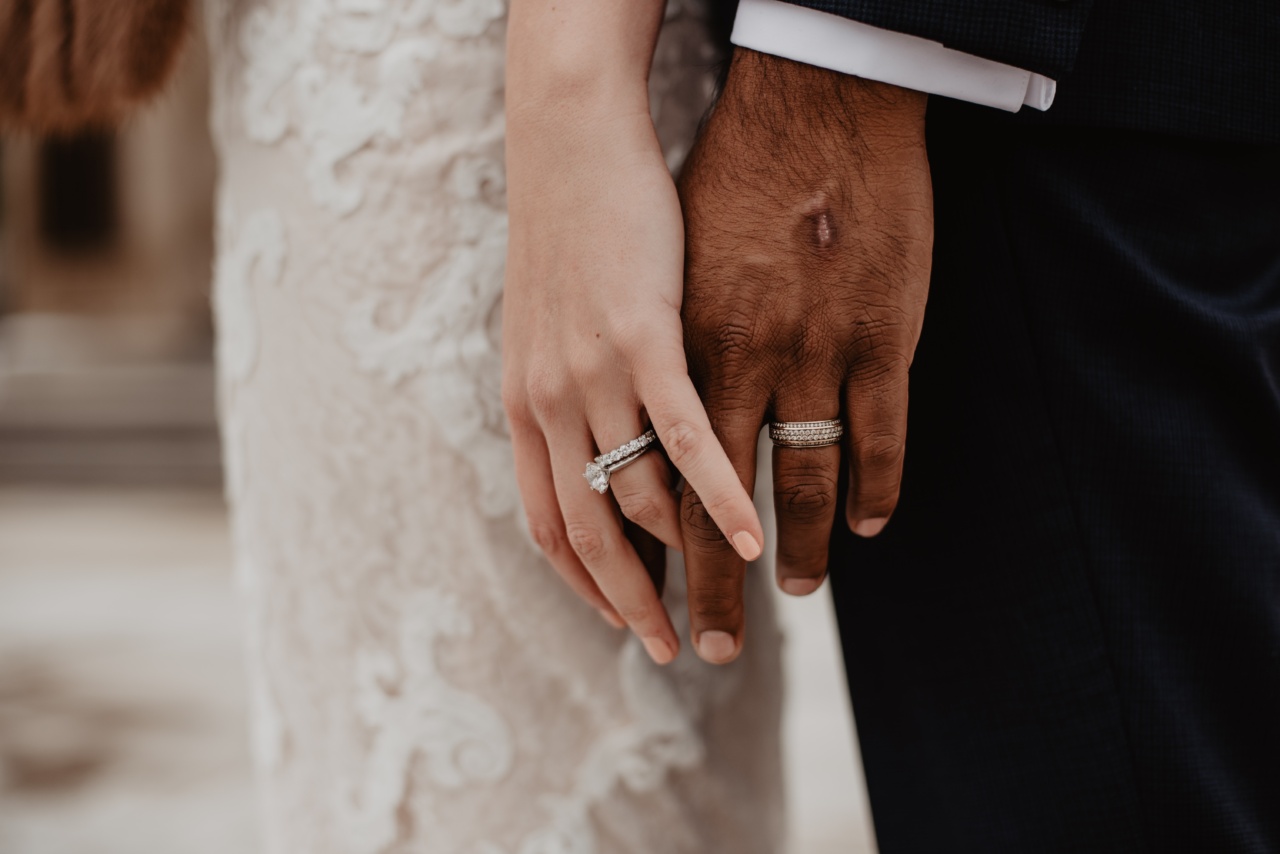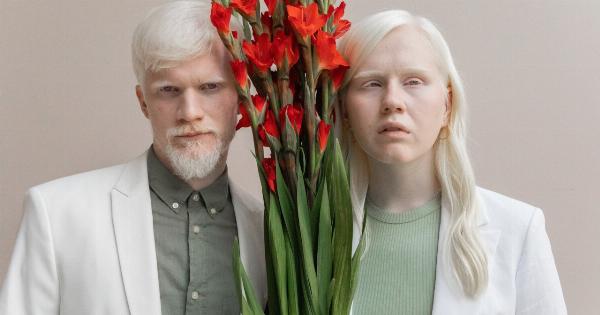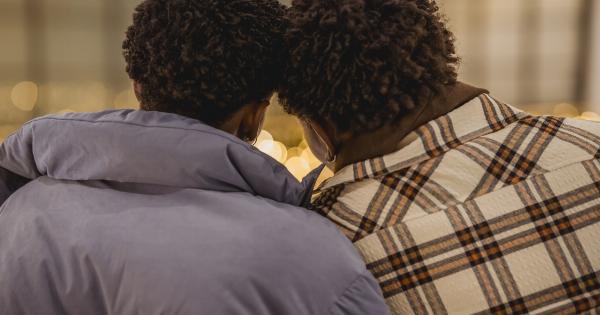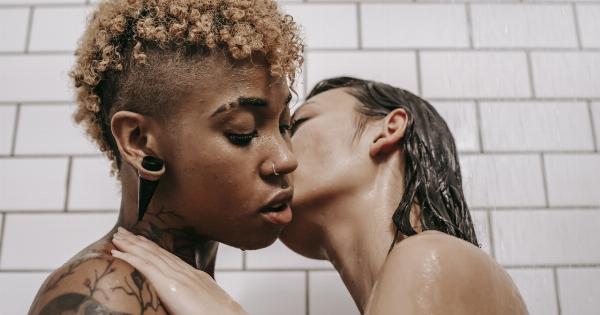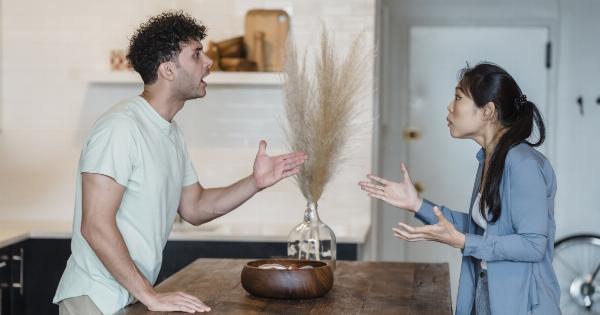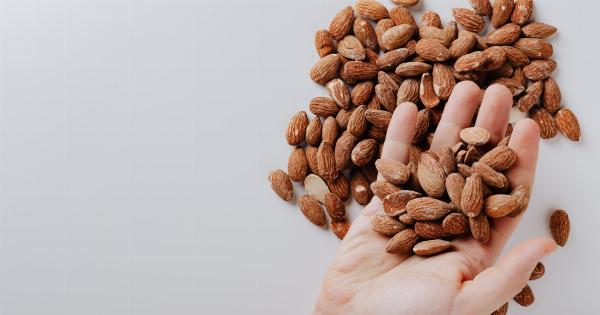Expressions of love play a vital role in maintaining healthy and fulfilling relationships. Saying “I love you” is a powerful phrase that holds significant meaning for both individuals in a couple.
However, the frequency with which couples express their love can vary greatly. Some couples may say it multiple times a day, while others may reserve it for special occasions. Let’s explore the frequency of couples saying “I love you” and the factors that influence these patterns.
The meaning behind “I love you”
Before delving into how often couples say “I love you,” it is essential to understand the meaning that this phrase holds. “I love you” signifies deep affection, care, and commitment towards your partner.
It conveys a sense of emotional connection and reassurance, making the recipient feel valued and cherished. The expression is often associated with intimacy, trust, and the desire to build a future together.
Frequency of saying “I love you”
The frequency of saying “I love you” can vary significantly among different couples. Some couples have a natural inclination to express their love verbally, reinforcing their emotional bond consistently.
For them, the phrase becomes a part of their daily routine, much like saying “good morning” or “goodnight.” This heightened frequency of expression can serve as a reminder of their deep affection and commitment to their partner.
On the other hand, some couples may not express their love verbally as frequently. This does not necessarily mean that their love is any less profound or genuine; it simply means that they communicate their feelings in different ways.
Acts of service, quality time, physical affection, or simple gestures may hold more weight in their relationship dynamic.
The role of love languages
The concept of love languages, popularized by Dr. Gary Chapman, suggests that individuals have different preferences and ways of expressing and receiving love.
These love languages include words of affirmation, acts of service, receiving gifts, quality time, and physical touch. Understanding the primary love language of your partner can shed light on how they prefer to be shown love.
For couples whose primary love language is words of affirmation, saying “I love you” frequently may be crucial to their emotional well-being. They feel most loved and appreciated when their partner vocalizes their affection.
Conversely, couples whose primary love language lies in acts of service or quality time may place less emphasis on verbal expressions. Instead, they may feel more fulfilled when their partner demonstrates their love through actions or undivided attention.
The honeymoon phase
During the early stages of a relationship, often referred to as the honeymoon phase, couples tend to express their love more frequently. Everything feels new, exciting, and intense, leading to a surge in verbal affirmations of affection.
Saying “I love you” becomes a frequent phrase to reinforce the budding connection and strengthen the emotional bond.
However, as the relationship progresses, the frequency of saying “I love you” may naturally decrease. This is not indicative of a decrease in love but rather a shift in the way love is expressed.
The focus may shift towards building a deeper emotional connection and addressing other aspects of the relationship beyond the initial infatuation.
Personal preferences
Ultimately, the frequency of saying “I love you” depends on the personal preferences and dynamics of each couple.
It is essential to have open and honest communication about love expression to ensure both partners feel emotionally fulfilled.
Some individuals thrive on verbal expressions of love and place great importance on hearing those three words frequently. For them, regular and sincere verbal affirmations are a source of security and happiness.
In such cases, couples may choose to make “I love you” a regular part of their daily interactions.
However, it is equally important to acknowledge that not everyone has the same preferences. Some individuals may feel overwhelmed or suffocated by hearing “I love you” too frequently.
They may appreciate more subtle and nuanced forms of affection, such as supportive actions or quality time together.
Special occasions and milestones
While some couples say “I love you” consistently throughout their relationship, others choose to reserve it for special occasions or significant milestones.
Birthdays, anniversaries, Valentine’s Day, or other meaningful dates serve as opportune moments to express profound love and reaffirm commitment. These infrequent but significant outpourings of affection can make the words feel even more special and cherished.
Communication and compromise
The key to finding the right balance in expressing love lies in open communication and compromise within the relationship. Couples should discuss their expectations, preferences, and understandings regarding love expression.
This ensures that both partners feel loved and appreciated in the way that resonates most with them individually.
It is crucial to ascertain whether saying “I love you” is an important aspect of your partner’s emotional fulfillment.
If it is, finding ways to incorporate verbal expressions of love into your routines will make them feel seen and loved. On the flip side, if your partner expresses their love in non-verbal ways, paying attention to and reciprocating those gestures will help nurture a strong emotional connection.
The power of “I love you”
Saying “I love you” is a beautiful and influential affirmation of love in a romantic relationship. Its power lies not only in the words themselves but also in the emotions and intentions behind them.
While the frequency of saying these three words may differ among couples, what truly matters is the depth and sincerity of the love they represent.
Understanding each other’s love languages, personal preferences, and the changing dynamics of the relationship allows couples to navigate the frequency of saying “I love you.” Through open communication, compromise, and a genuine desire to make your partner feel loved, couples can find the perfect balance that strengthens their bond and nurtures their love.
